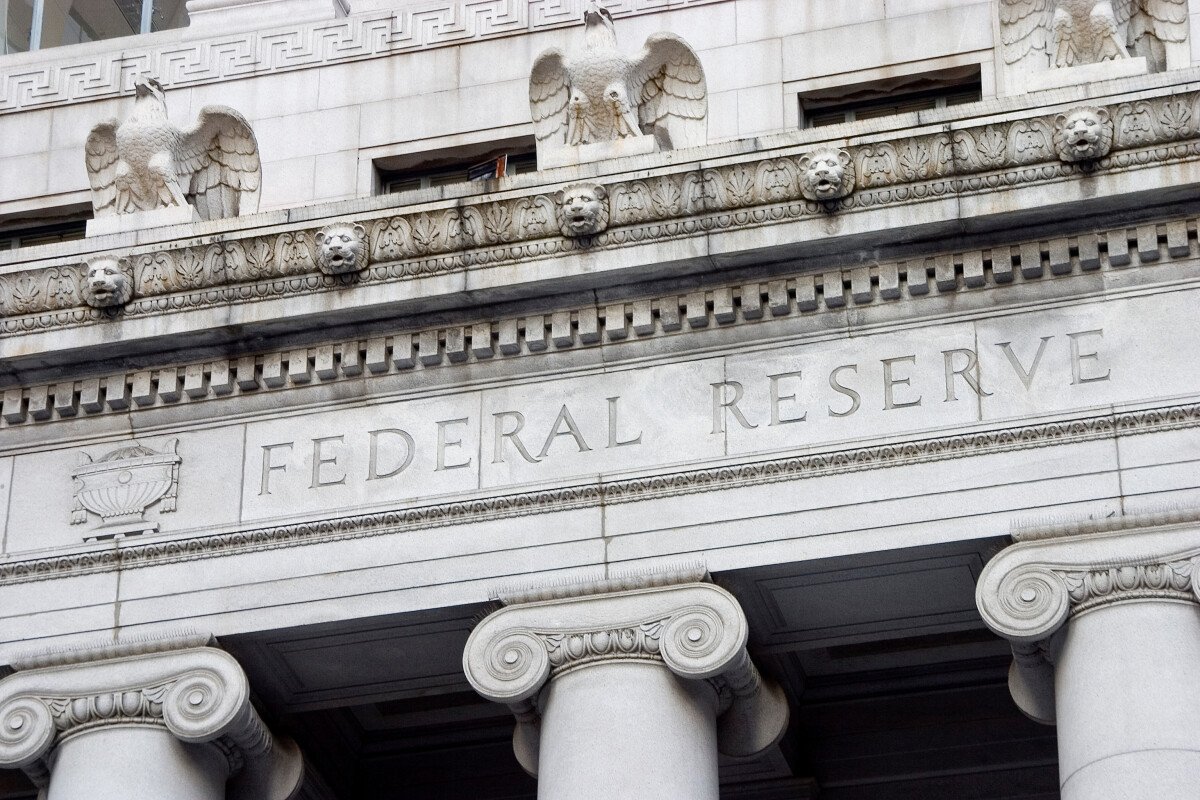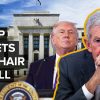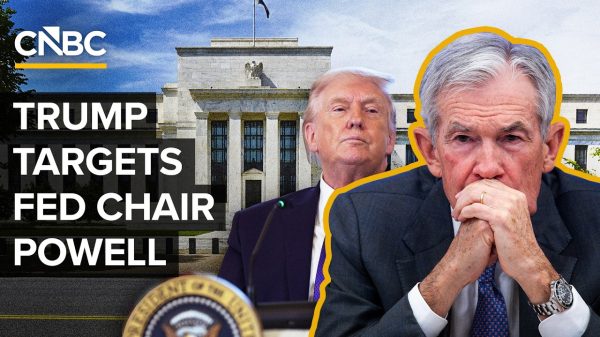The minutes from this month’s FOMC meeting of US Federal Reserve policymakers were just released, revealing the bank to be divided on the need for further interest rate hikes.
Cryptocurrency, forex, US equity and US bond markets didn’t see much of a reaction to the minutes, the tone of which were broadly as expected.
In recent weeks, some Fed officials suggested they favor further tightening, whilst others, including Fed Chair Jerome Powell, have hinted they favor a pause in interest rate hikes.
The US central bank lifted interest rates by 25 bps to 5.0-5.25% earlier after its 2-3rd May meeting, a 10th consecutive rate hike that has seen US interest rates jump 5.0% in just 14 months.
The Fed started raising interest rates aggressively last March to dampen an unexpectedly prolonged surge in US price pressures, with this hawkish pivot tilting equity and crypto markets into an ugly bear market in 2022.
“Several participants noted that if the economy evolved along the lines of their current outlooks, then further policy firming after this meeting may not be necessary,” the minutes published on Wednesday stated.
“Some participants commented that, based on their expectations that progress in returning inflation to 2% could continue to be unacceptably slow, additional policy firming would likely be warranted at future meetings,” the meetings continued.
US interest rate future markets were last pricing about a 30% chance that the Fed hikes interest rates against at its 14th June meeting, unchanged from one day ago, according to the CME’s Fed Watch Tool.
Upcoming Data Key to Whether Fed Hikes Again or Holds
But those expectations could quickly shift, and any such shift could have implications for the near-term outlook for crypto markets.
“Many participants focused on the need to retain optionality” the minutes said.
In other words, many Fed policymakers want to be able to respond to incoming data – if upcoming inflation and jobs market prints come in hot, then more are likely to favor another rate hike, while if these data releases surprise to the downside, more are likely to favor a pause in rate hikes.
Traders will thus be closely monitoring upcoming Core PCE inflation data for April out this Friday, ahead of the release of April job openings data, May ISM survey results and the official May jobs report, all out next week.
Consumer Price Index (CPI) data out on the 13th of June will then form the final piece of the data puzzle for the Fed ahead of next month’s meeting.
As far as cryptocurrency markets are concerned, major blue-chip names like Bitcoin (BTC) and Ether (ETH) would perform better in an environment where Fed tightening bets are easing rather than ramping up.
Indeed, strong data and hawkish Fed speak (i.e. policymakers calling for further tightening and pushing back against market expectations for rate cuts later this year) have weighed on crypto in recent weeks.
Bitcoin, last in the low-$26,000s, is down over 15% versus its earlier yearly highs above $31,000, while Ether, last trading just under $1,800 is down a similar margin from its earlier yearly highs in the mid-$2,100s.
Potential US Default a Possible Upside Catalyst
One wild-card that could change everything for the Fed, the economy and cryptocurrency markets in the weeks ahead is if Congress is unable to reach a deal to raise the debt ceiling, resulting in an unprecedented US government default.
Negotiations between the Democrats and Republicans, who want to force the government to cut spending in exchange for support to raise the debt ceiling, continue.
This isn’t the first time that Congress has cut it close regarding lifting the debt ceiling, so the market’s base case at the moment is that a last-minute deal will be done.
But economists at JP Morgan on Wednesday said that the US government runs out of cash before a deal is done is currently around 25% and rising.
A US government default, even if quickly rectified (i.e. via a deal being reached to quickly pay back the defaulted on loans), could have severe ramifications for the US government, US economy and global financial order.
The US government’s ability to borrow might be irreparably damaged (i.e. interest rates becoming structurally higher), the credit crunch in the US banking system which began back in March as regional banks started collapsing might worsen and any spending cuts the government is forced to agree too would amount to fiscal tightening, weighing on economic growth and raising recession risks.
The whole ordeal would also weaken confidence in the US dollar and the fiat currency-based financial order more broadly.
That would spur massive demand for hard-money alternatives like gold, but also bitcoin.
Read the full article here











